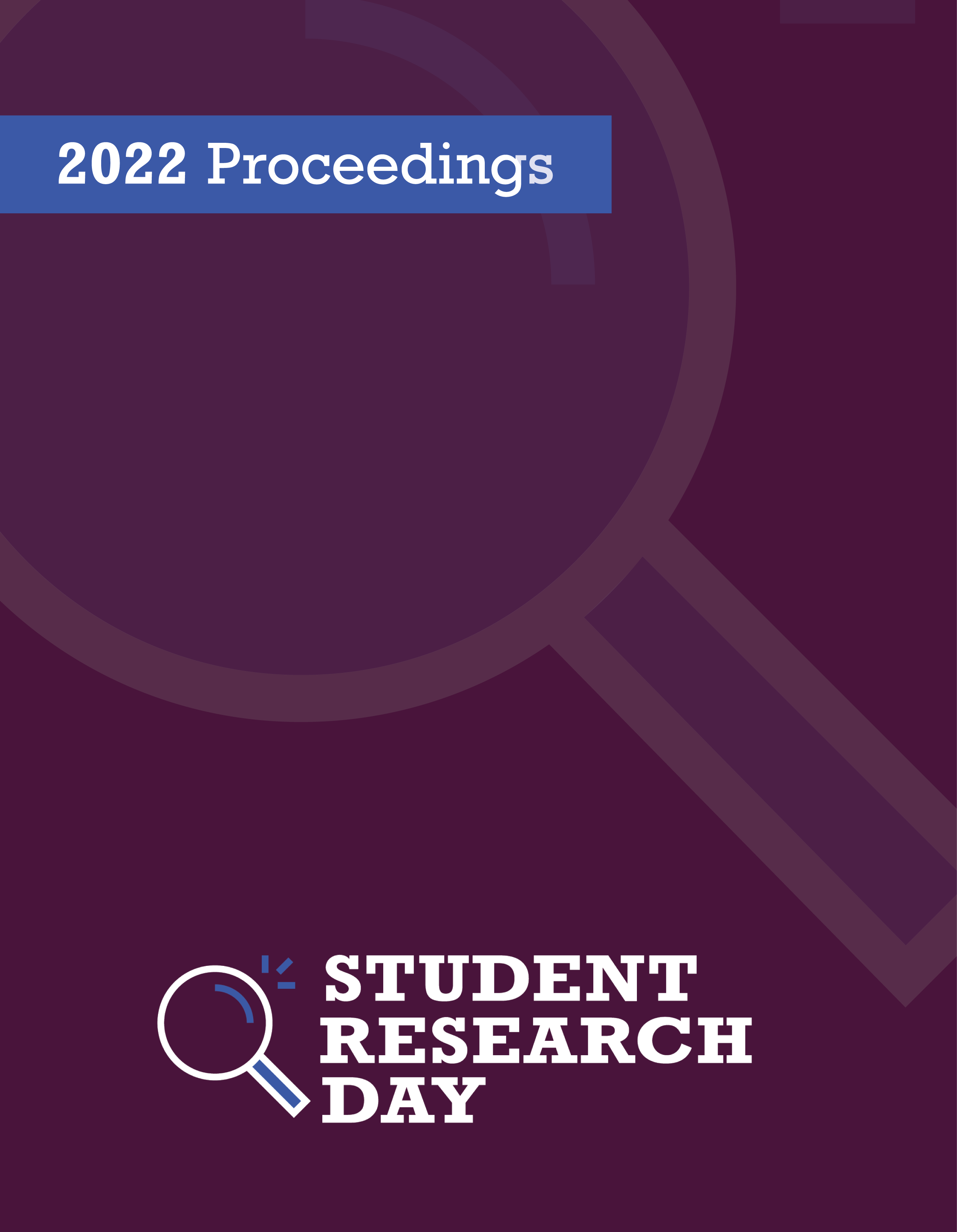What Maintains Generalized Anxiety Disorder? Examining Intolerance of Uncertainty and Negative Beliefs about Worry
Abstract
Individuals with generalized anxiety disorder (GAD) experience excessive and chronic worry over a variety of daily events. If left untreated, GAD tends to be chronic and cause difficulties in daily functioning. Therefore, understanding the factors that cause and maintain GAD is important to allow for the effective treatment of the disorder. The Metacognitive Model, Intolerance of Uncertainty Model, and Emotional Dysregulation Model each implicate specific mechanisms as the casual and maintaining factor in GAD. Existing research has shown negative beliefs about worry (NBW), intolerance of uncertainty (IU), and fear of emotions to be associated with GAD. However, the existing research is primarily cross-sectional, which does not allow researchers to determine whether these beliefs cause and maintain GAD. The present longitudinal study examined whether NBW, IU, fear of emotions, negative problem orientation, and cognitive avoidance predict worry severity and GAD symptoms at follow-up. Undergraduate psychology students, pre-screened for high levels of worry, completed a series of online self- report measures assessing levels of worry, GAD symptoms, NBW, IU fear of emotions, negative problem orientation, and cognitive avoidance. Participants (N = 372) returned 4-months later to complete the same series of questionnaires. Multiple regression analyses revealed that NBW was the only mechanism to consistently emerge as a predictor of pathological worry and GAD symptoms cross-sectionally and longitudinally. Exploratory analyses revealed that changes in NBW and IU were the only mechanisms to predict changes in GAD at follow-up. These findings have implications for the understanding and treatment of GAD.
Department: Psychology
Faculty Mentor: Dr. Alexander Penney
References
Downloads
Published
Issue
Section
License
Authors retain any and all existing copyright to works contributed to these proceedings.



